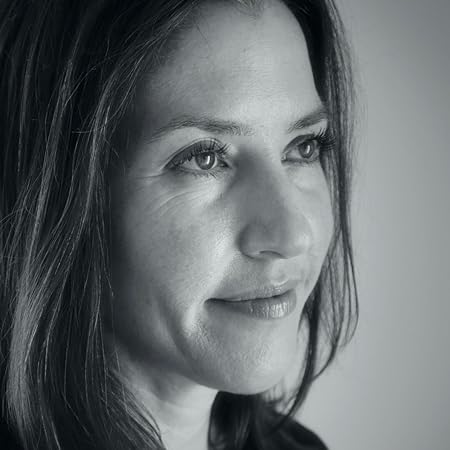Seaver College Professor Kate Bonnici Publishes Experimental Scholarship in the Form of Poetry

What can we learn if we write research in a creative format?
This question rests at the heart of Kate Bolton Bonnici’s second book, A True & Just Record, which analyzes the 16th- and 17th-century English witch trials through a scholarly and poetic lens. While most research endeavors approach a topic with a preconceived notion or idea, Bonnici, an assistant professor of English at Seaver College, decided to try something different. The resultant poetry serves as her newest piece of experimental scholarship.
“Play can take you a lot of places,” says Bonnici. “With this project, I was trying to study the text, to respond critically, and to create an art piece out of it, which I hope will reveal something new. Adding in that creative element hits a different rhetorical register and heightens the relationship among the writer, the reader, and the archival material.”
A True & Just Record capitalizes on research Bonnici first began as a doctoral candidate in English at the University of California, Los Angeles. A former lawyer, she became fascinated with the legal context of the witch trials taking place throughout England in the 1500s and 1600s. She followed the story by diving into archival research. Armed with pamphlets, plays, and poems from the early modern period, Bonnici began to see parallels between current events and the seemingly distant past.
“These pamphlets are coming from a pre-journalism era,” explains Bonnici. “Their goal was sales. They’re almost like a proto-social media––putting this ‘news’ into circulation. Sometimes, though, the news is very questionable. Pamphleteers used woodcuts and exciting content to grab readers’ attention and attract, essentially, clicks. It’s interesting to consider something like that happening 400 years ago.”
In addition to its sensationalist connective tissue, A True & Just Record incorporates literature related to the plague in London, which afflicted the region during the same period of time. This added layer of context ignited a renewed wave of inspiration for Bonnici, who was drafting this text amid the COVID-19 pandemic.
Fueled by curiosity and personal connections, Bonnici began pulling excerpts from the archives and responding to them in verse. This new way of interacting with the research material creates unique avenues for consumers to read and digest what would otherwise be dense historical artifacts. Moreover, by expressing her research creatively, Bonnici allows these archival texts to breathe in the 21st century––opening the door for the public to learn from the past.
“I hope that this book speaks on a lot of levels,” says Bonnici. “If you are a scholar of early modern England you can read it and think more expansively about the witch pamphlets. Or, if you’re a person who likes poetry, the music and poetic techniques might appeal to you.”
Learn more about Bonnici’s book by visiting the Boiler House Press webpage.